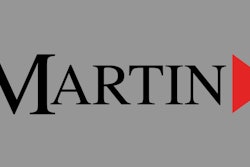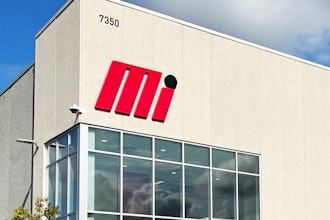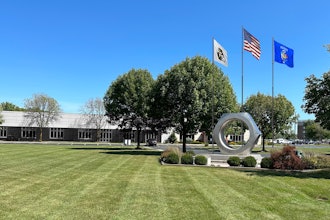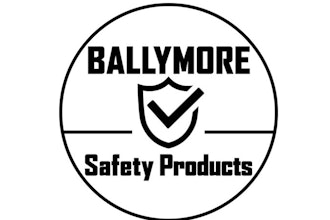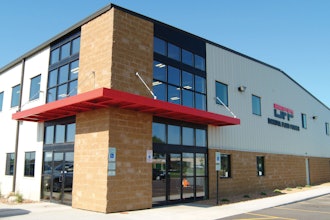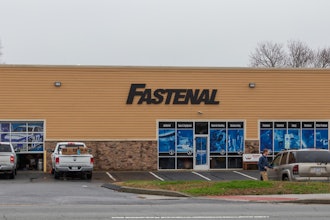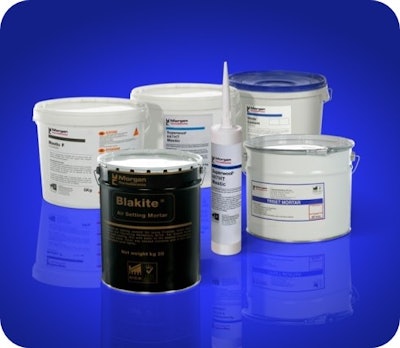
WINDSOR, U.K. — The Thermal Ceramics business of Morgan Advanced Materials has developed a versatile fiber, Superwool Sealcoat HT, which is suitable for use in nearly a dozen furnace lining applications. From primary liner to emergency repairs, and backup insulation to patching, the mastics are a perfect complement to Morgan’s range of fiber and dense refractory materials.
Specially formulated to provide the high level of atomization required for spray application, Superwool Sealcoat HT can be applied as part of the primary liner over fiber or refractory surfaces, up to 2 inches (5.1 cm) thick on walls and up to ½-inch (1.3 cm) overhead. Installation requires no chemical cure-out, so lining can be fired immediately after installation. Once dried, the material provides a strong hard surface, while still maintaining resiliency.
Repairs capability is another strength for Superwool Sealcoat HT. For emergency repairs to cracked walls or spalled floor jams, Superwool Sealcoat HT can be applied over hot refractory or hot fiber surfaces. The material also works well as a caulk for repairing large gouges in reheat furnace and ladle preheat stations, and for filling shrinkage gaps and damaged areas in linings. It is also ideal as a patching material for aluminum trough and launder repair, and vacuum-formed shape repair.
As a backup insulation, Superwool Sealcoat HT can be applied to a steel shell in place of insulating board or paper, prior to installing the working lining. Its use avoids the need to cut and fit insulation around pre-welded anchors. It can also be used as an adhesive for installing backup board on an induction furnace. With almost no rebound, very little waste is generated and no overage is required. After installation, site clean-up is also greatly reduced
Superwool Sealcoat HT can also be used in joint sealing, gasketing, and as a hot-face veneer coating to improve a lining’s thermal efficiency. Demonstrating the numerous other applications for this multipurpose material.




